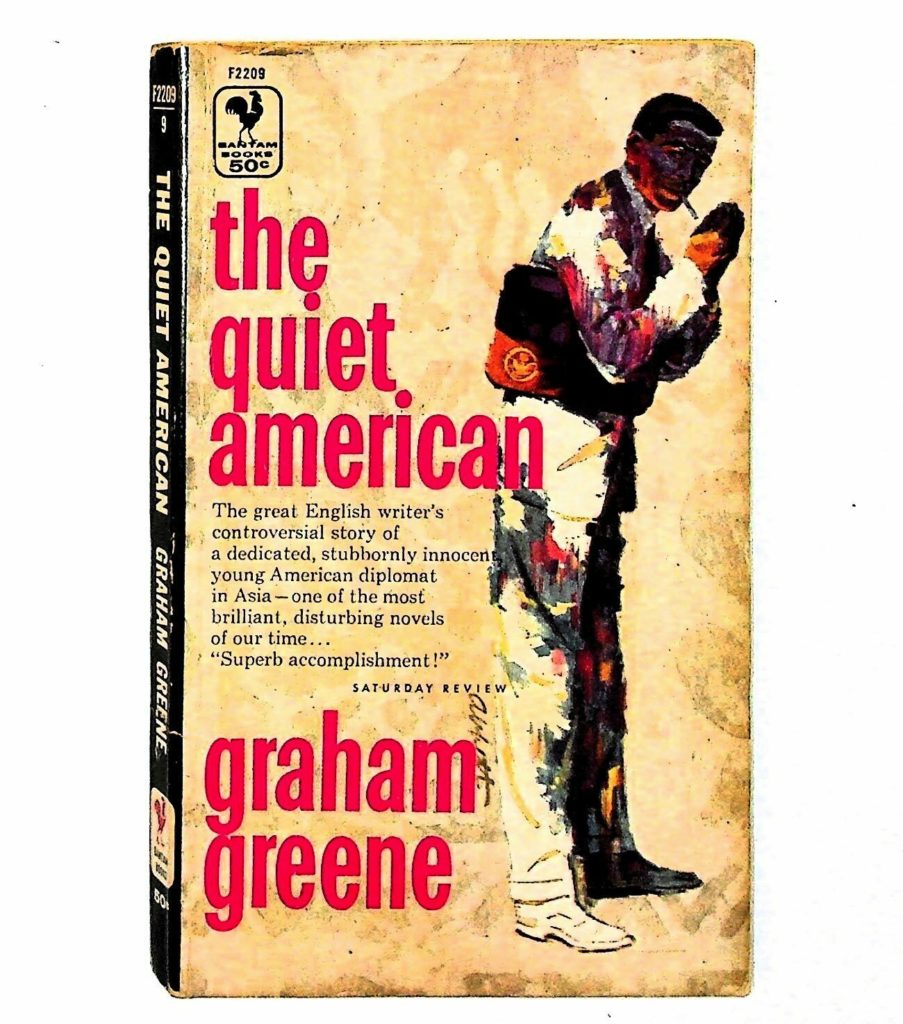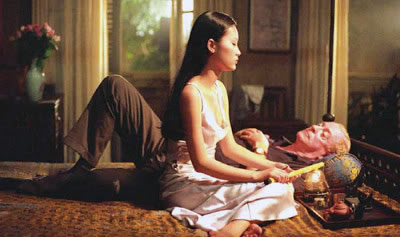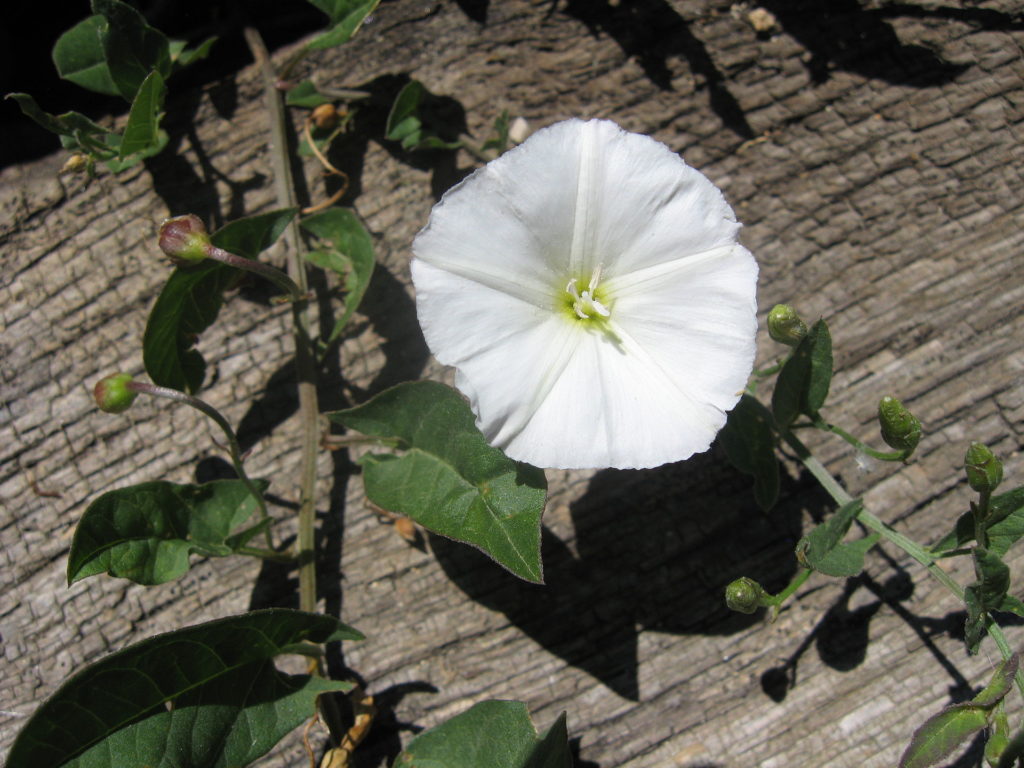The Quiet American
I read The Quiet American back in the eighties when I was still entirely in love with the romance of South East Asia. I wallowed in the perfumes and stark beauty of Vietnam. I applauded the cynical realism of Monsieur Fowler and I booed the crude idealism of the eponymous Pyle. The relationship between these two men helped form my opinions about the country of my birth and the country where I spent half my life. The fact that they were both in love with the same young Asian woman only made the contrast more real.
For years after I returned home from Asia, all I could think about was how to get back to those magical lands. I knew that a life in England was not on the cards for me but America was off limits too. The Quiet American steeled my determination.
One scene from the book stuck in my mind for 30 years. When Phuong prepared Fowler’s opium pipe, Greene’s sensuous depiction of the hiss of the needle sizzling in the opium and the blissful bubbling that gave Fowler peace made me dream of the beaches of Thailand and the jungles of Burma.
When I first arrived in Asia, I made a vow that I would not take advantage of the easy access to drugs. I don’t even remember why I made my vow, but I felt a certain superiority as the only one in my party to decline the bong or to Just Say No to the mushrooms and the hashish and even the heroin that were on offer at every turn.
I kept my vow until Piratefest 2016 when the spinning from a brownie sent me to my bed. It was like I’d skipped over the gentle buzz of my glass of wine and fast-forwarded to that moment when you try to keep the horizon from pitching and the room just won’t stay still. After that nauseating instant, it became even easier to Just Say No.
When we trekked through the Burmese jungle, our Karen porter bubbled up his opium pipe at every cigarette break and politely offered us a hit. We always declined. The trekking group after ours lacked our temperance and their emergency evacuation for an overdose took them on an unscheduled trip to the hospital in Chiang Rai. But, still. The hiss of Phuong’s hot needle in Fowler’s bubbling bead of opium and the romance of our porter’s pipe always seemed to offer an escape from the cares of the world should I need to escape myself one day.
Now she was kneading the little ball of hot paste on the convex margins of the bowl and I could smell the opium. There is no smell like it. Beside the bed my alarm clock showed twelve-twenty, but already my tension was over. Pyle had diminished. The lamp lit her face as she tended the long pipe, with the serious attention she might have given to a child. I was fond of my pipe: more than two feet of straight bamboo, ivory at either end. Two-thirds of the way down was the bowl, like a convolvulus reversed, the convex margin polished and darkened by the frequent kneading of the opium. Now, with a flick of the wrist, she plunged the needle into the tiny cavity, released the opium and reversed the bowl over the flame, holding the pipe steady for me. The bead of opium bubbled gently and smoothly as I inhaled.
The Quiet American (Greene, 1955, p.13)
In my memory, Fowler had cancer and was using opium to dull the pain. I always imagined that if the pain ever got too much for me, a trip to Vietnam and some opium bubbling in a pipe would be more romantic than a morphine drip under the harsh lights of a hospital room. Re-reading the book after a thirty-year interval, I find that my memory has bent the narrative to fit my desire. Fowler did not have cancer but what he endured was much worse. Who knew there were worse things than cancer?
I was intrigued to remember that opium sharpens the mind. I wonder how many of Greene’s wonderful novels bubbled up from the bowl of an opium pipe? How I wish my mind had the peace and sharpness that comes with opium! I have so many decisions to make.
After three pipes I felt my mind clear and alert: it could take such decisions easily without losing sight of the main question — what did they want from me?
The Quiet American (Greene, 1955, p.16)
Could I ever go back to those mystical lands? Do they even still exist? I don’t know but Grahame Green took me halfway there and for that, I am grateful.
Mon enfant, ma soeur,
L’invitation au voyage (Charles Baudelaire, 1857)
Songe à la douceur
D’aller là-bas vivre ensemble!
Aimer à loisir,
Aimer et mourir
Au pays qui te ressemble!
Les soleils mouillés
De ces ciels brouillés
Pour mon esprit ont les charmes
Si mystérieux
De tes traîtres yeux,
Brillant à travers leurs larmes.




